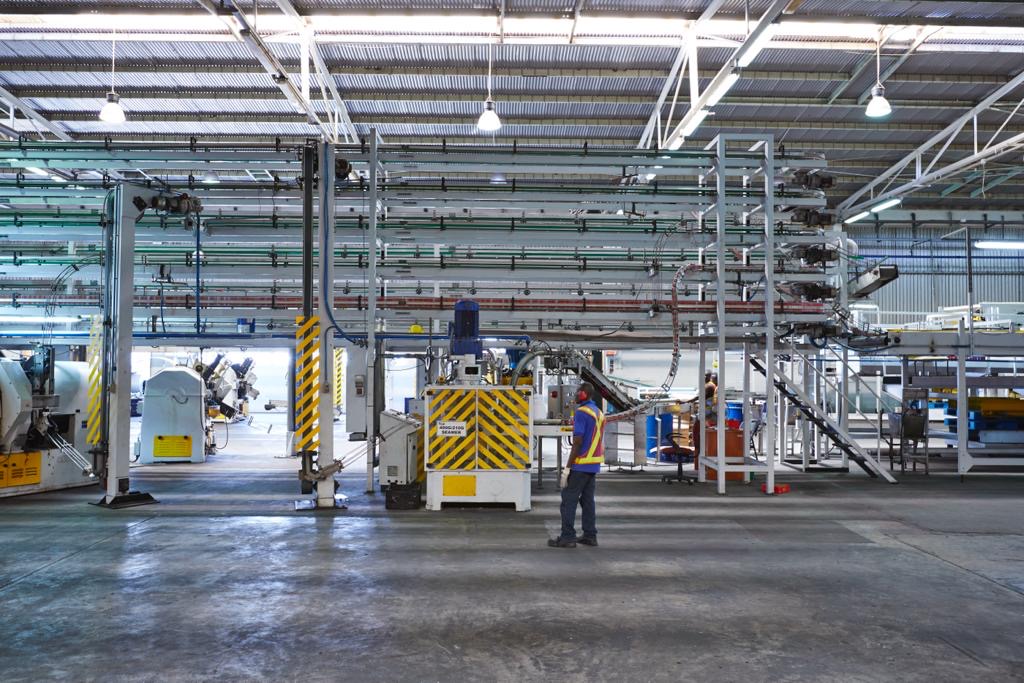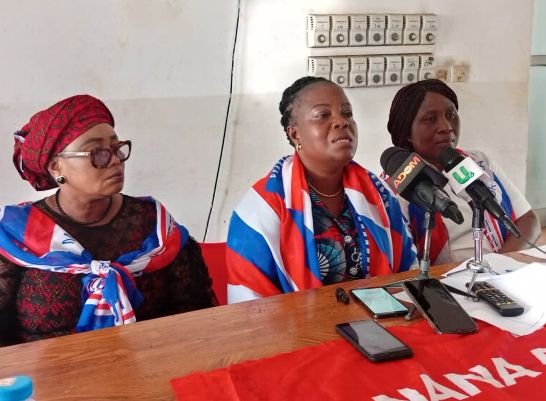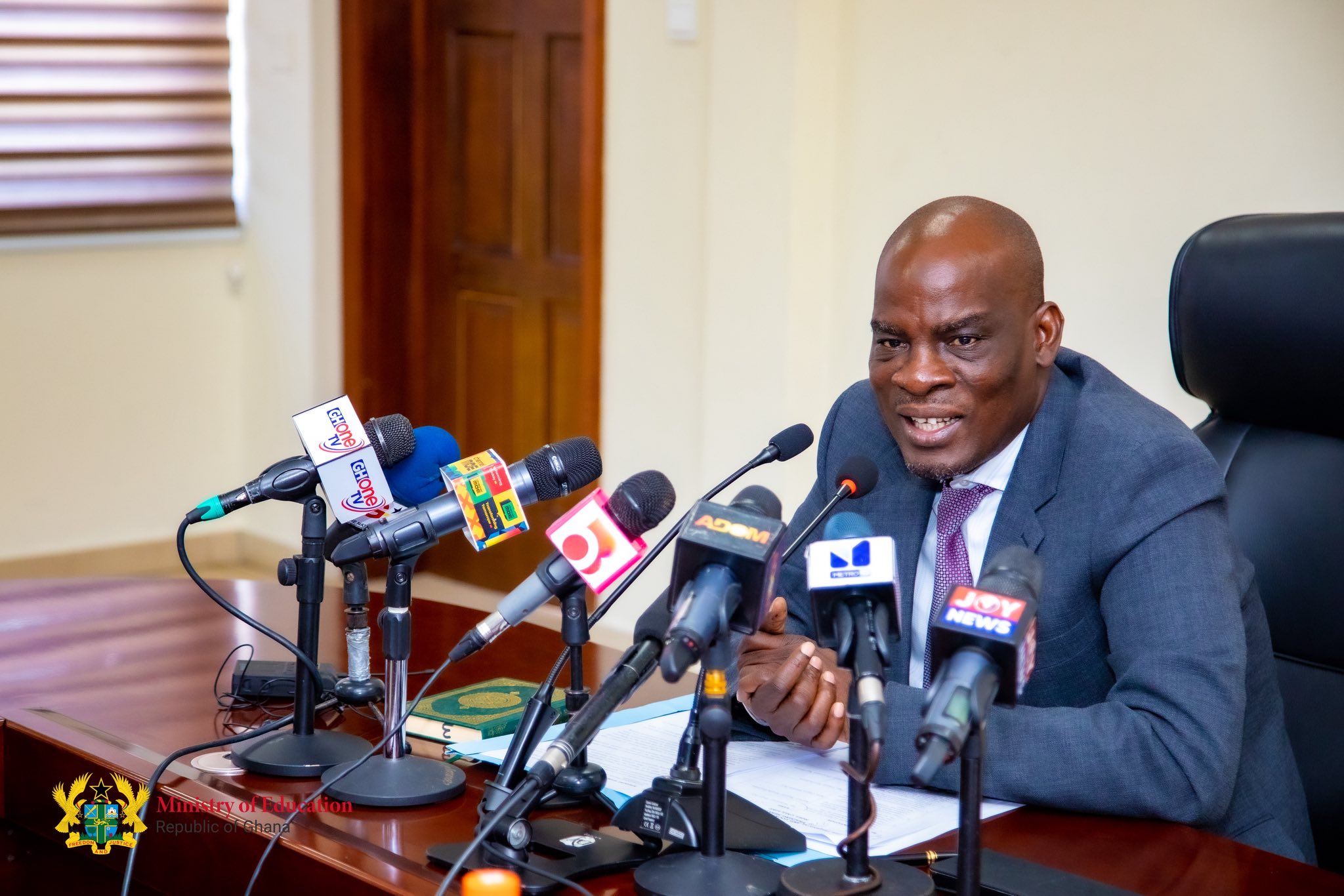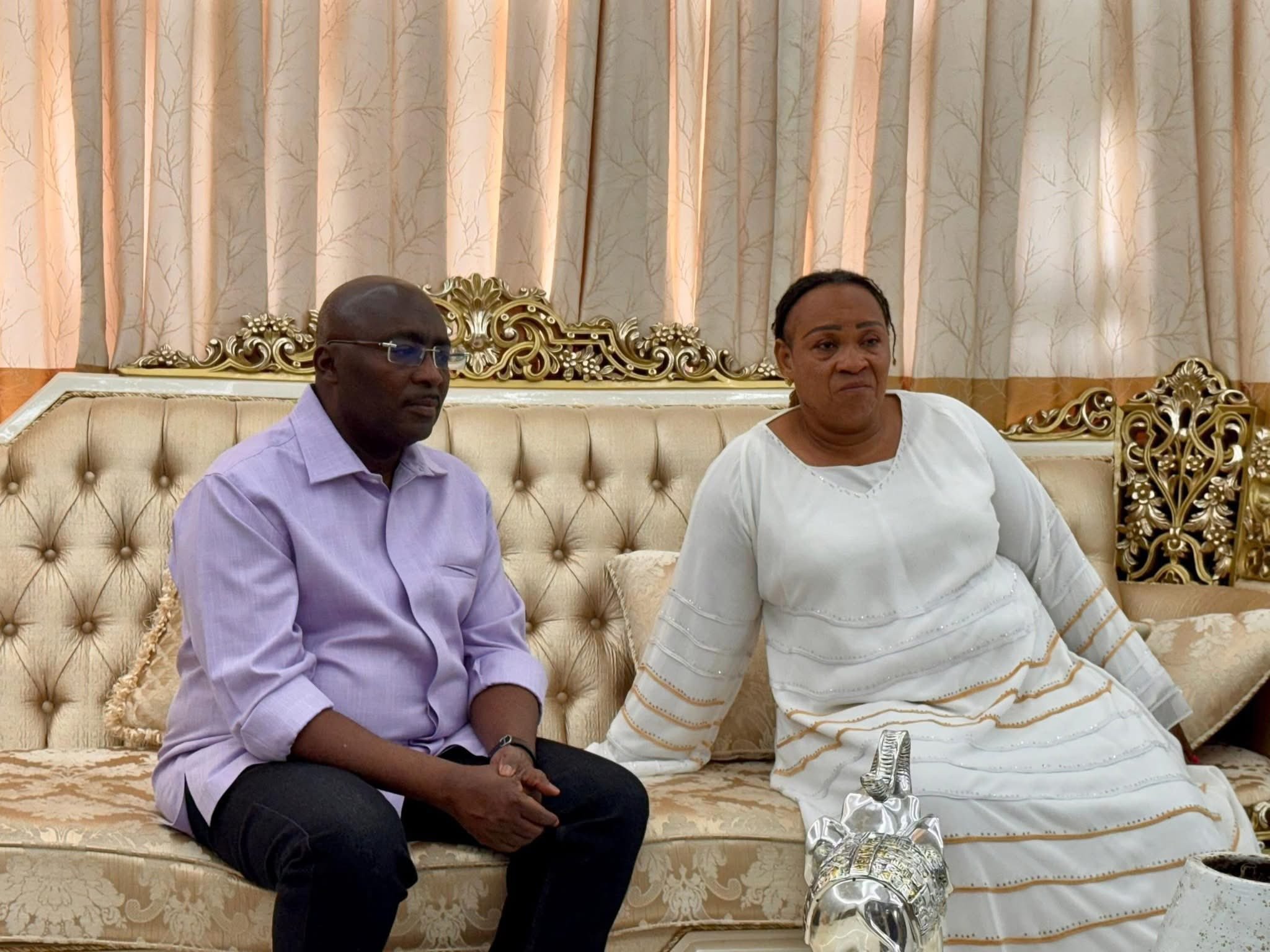
…as BoG 2nd Dep Governor emphasises the significance of integrating women more fully into digital economy
Standard Chartered Bank, in partnership with the Ghana Climate Innovation Centre (GCIC) of Ashesi University, has inducted the fifth cohort of women-led businesses under its Futuremakers Women in Tech programme.
The initiative, launched in 2020, aims to equip female entrepreneurs with the tools, funding, and networks necessary to scale their technology-enabled ventures.
Since inception, the programme has supported 74 businesses across various sectors including agriculture, health care, tourism, manufacturing, and education technology. A total of 21 enterprises have received seed funding amounting to US$210,000 (in cedi equivalent) to date, with the new cohort set to benefit from an expanded support framework aimed at strengthening business resilience and innovation capacity.
Delivering the keynote address at the induction ceremony in Accra, Second Deputy Governor of the Bank of Ghana, Matilda Asante-Asiedu, underscored the significance of integrating women more fully into Ghana’s digital economy.
“Technology is the fastest-moving elevator to scale, and if more women get in, the entire economy goes up with them,” she said.
While the nation has recorded significant progress in financial inclusion, boasting 96 percent access to formal financial services, according to the 2022 Composite Financial Inclusion Index, active usage of these services, particularly among women and rural communities, remains low.
This gap, Mrs. Asante-Asiedu noted, demands targeted initiatives such as Futuremakers, which provide not only access to capital but also the capacity to use it meaningfully.
The programme, part of the global Futuremakers by Standard Chartered initiative, operates across 13 markets in Africa, Asia, and the Middle East. It combines business training, mentorship, and seed capital with a focus on tech-enabled and impact-driven businesses. The Ghana chapter is delivered in collaboration with the GCIC, which leads recruitment, incubation, and technical assistance.
Standard Chartered Bank’s Chief Financial Officer, Albert Larweh Asante, reaffirmed the bank’s long-term commitment to inclusive entrepreneurship.
“We do not just believe in inclusion, we invest in it,” she stated.
“Futuremakers addresses the access to finance challenge facing youth-led microbusinesses by integrating capital with mentorship and business skills training,” he added.
Highlighting success stories from past cohorts, Mr. Asante pointed to the expansion of ventures such as Sabon Sake, whose founder has represented Ghana at global climate and entrepreneurship forums, and Hannah Aidoo’s agribusiness, which has scaled from 300 to over 2,000 poultry birds and attracted recognition from the World Food Programme.
“These are not isolated achievements. They demonstrate the transformative potential of combining capital with capability and community,” he said.
The 2025 cohort, comprising ten women-led businesses, joins an alumni network that spans multiple regions and industries.
Beneficiaries gain access to a structured incubation process, capacity-building sessions, and a platform for regional visibility and investor engagement.
Also speaking at the event, Independent Non-Executive Director of Standard Chartered Bank Ghana Plc, Naa Adorkor Codjoe, underscored the importance of ethical leadership, resilience, and continuous learning.
“As your ventures scale, you will face difficult decisions,” she cautioned, adding that values must remain the compass of the businesses owners.
Mrs. Codjoe also encouraged the inductees to approach the programme as a launchpad, not just an opportunity for training.
“This programme has consistently revealed the extraordinary potential that exists when female entrepreneurs are supported. We are building not only businesses, but ecosystems of innovation,” she said.
The Women in Tech programme responds to persistent structural barriers facing female entrepreneurs in Ghana. While women lead 34 percent of formal SMEs and 44 percent of micro-enterprises, access to finance remains a major obstacle. A recent Mastercard Index revealed that 65 percent of women-led businesses face funding constraints, while 40 percent struggle with digital skills gaps, and 35 percent encounter regulatory hurdles.
In response, the Futuremakers model adopts a holistic approach, offering end-to-end support tailored to the realities of women entrepreneurs operating in underserved or informal markets. According to GCIC, the programme’s implementation partner, the model integrates gender-sensitive curriculum design with localised technical support and post-programme alumni engagement.
Earlier this year, Standard Chartered Bank announced a renewed three-year investment in the programme, aimed at deepening the scope and scaling the impact of the initiative. The bank said it would continue working closely with local and international partners to ensure that more women-led businesses in Ghana can leverage digital tools for growth and resilience.
The current cohort will undergo an intensive business acceleration process over the coming months, culminating in a final pitch competition. Selected finalists will receive additional seed funding and technical support to scale their solutions.
“Let us all commit to building a digital economy that works for everyone. Not just by widening access, but by ensuring that access leads to value, transformation, and sustainable growth,” the BoG Second Deputy Governor encouraged stakeholders.
The post Standard Chartered deepens investment in women-led tech startups appeared first on The Business & Financial Times.
Read Full Story









Facebook
Twitter
Pinterest
Instagram
Google+
YouTube
LinkedIn
RSS